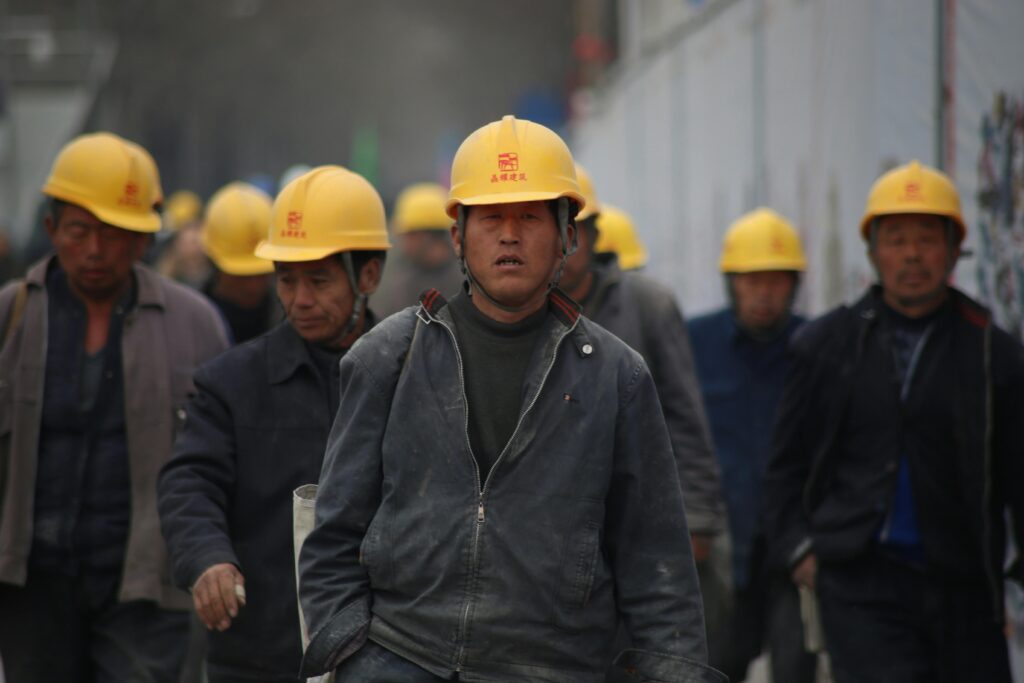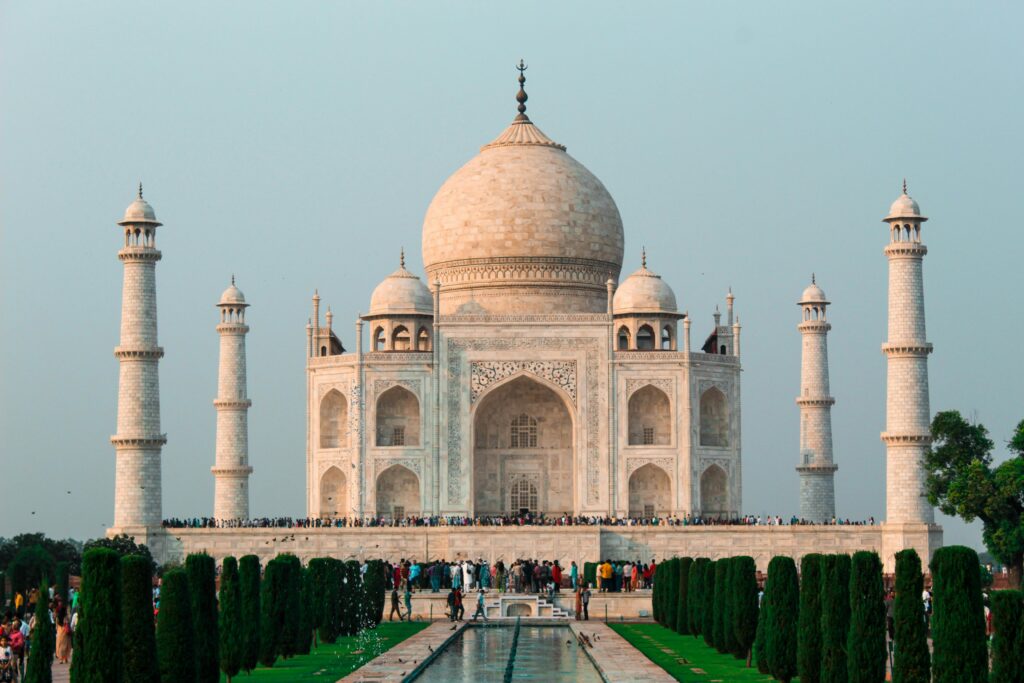Labour Day on May 1st in most countries is a public holiday that honors the working class and their contributions through hard work to society and the economy. It is a reminder of the past struggles of workers to gain fair wages, reasonable working hours, and safe working conditions. It is not only a celebration of their triumph but also a reminder of solidarity and the continued struggle for workers’ rights.
The history of Labour Day is traced back to the US labor movement of the 19th century. The most significant incident that made it a day of remembrance throughout the world was the Haymarket affair in Chicago in 1886. The workers were calling for an eight-hour working day, and the protest became violent, with arrests and deaths. Though the episode was tragic, the event transformed the history of labor, and efforts were made throughout the world to achieve better working conditions for the workers.
Labour Day is also a public holiday in Pakistan. It is a celebration of the worker’s contribution as a whole—whether factory, agricultural, teachers, or home workers. Government, labour movement, and civil society organizations normally organize rallies, seminars, and debates to express concern over worker-related issues such as poor pay, job insecurity, absence of adequate health facilities, and dangerous working conditions.
But the substance of Labour Day is more than rhetoric and symbolic gesture. It is a call to action. In spite of the law, there are still many workers in the Third World, including Pakistan, who continue to be in exploitative situations. Child labour, discrimination against female workers, absence of employment contracts, and delayed wages are still areas of concern. Labour Day is a time to highlight that something has been achieved, but much more can be achieved so that the workers can be protected and empowered.
Aside from that, the modern workplace is evolving with ever-increasing technological changes. Technology has made it more efficient through automation and artificial intelligence, but it also comes with new issues. The majority of jobs are being automated, and workers have to acquire new skills to remain in the race. Labour Day also calls upon us, hence, to redefine policies and education systems to prepare the workforce for the future.
At a deeper level, Labour Day is about dignity and respect. Any job, large or small, helps to keep society moving. From the cleaner who makes our streets tidy to the builder who builds our houses, all workers are deserving of respect. Their toil should not be rewarded just for one day a year; it must be in our everyday thought.
In essence, Labour Day is a holiday in addition to being a day of reflection, thanksgiving, and commitment. It serves as a reminder of the importance of hard work and the rights of workers who work day and night to keep the world moving. In celebrating this day, let us remember not just but also commit to making the world a better place where every worker is treated with justice, respect, and dignity.



